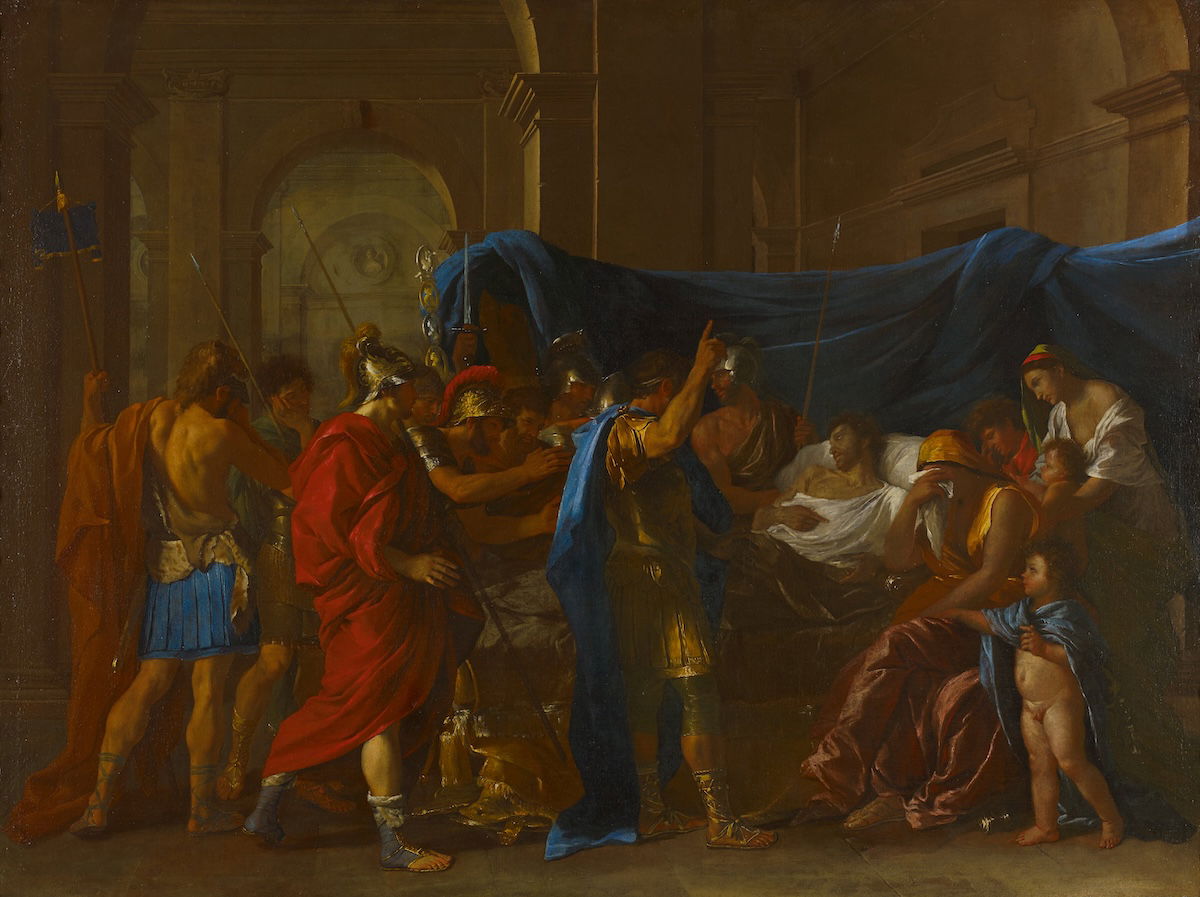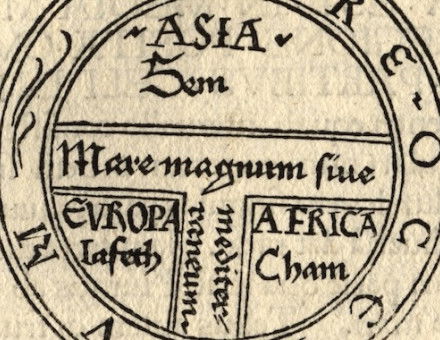Behind Donald Trump’s Palace Walls
The vagaries of palace politics are notoriously difficult to record. Historians should pay attention to rumour.

Donald Trump’s electoral comeback has provoked a lot of analysis from political scientists. Historians have been slower to engage with the subject. By temperament they are inclined to seek a longer view. Yet as photographs emerged of exuberant celebrations at the president-elect’s residence in Florida, and as – to widespread consternation or rejoicing – his appointments to key roles were teasingly divulged, the ways that power will work under the new regime have become clear. This is palace politics. The BBC’s excellent North America editor Sarah Smith compared it to Henry VIII’s court, though there have, as yet, been no treason trials.
The most resonant historical account of palace politics does not deal with the Tudors, but the Roman principate, which began with the reign of Augustus in 27 BC. It may provide us with insights into what lies in store, at least until modern historians are able to digest the sort of documents that Trump was prosecuted for leaving in a palace lavatory. That guide is Tacitus.







